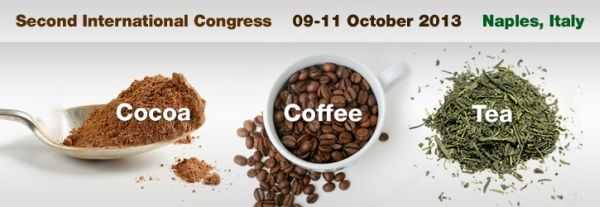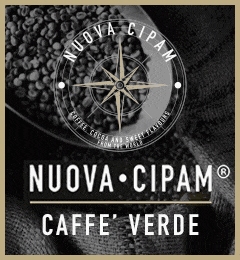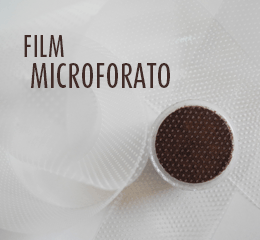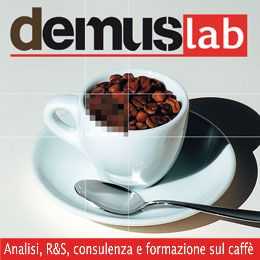Rotilio G. Università di Roma Tor Vergata e Università San Raffaele, Rome, Italy E-mail: rotilio.giuseppe@alice.it
It is generally agreed that the separation of humans from other hominids in terms of encephalization and reproductive success took place in coincidence with, and most likely in relation to, the transition to savannah- based meat eating from forest – based fruit, leaf eating.
Access to plant food had to be maintained because genetic legacy of primates, in terms of vitamin supply and gut anatomy.
This is the basis for the omnivorous nature of human diet and the consequential ,not nutritionally essential, introduction of large amounts of polyphenols with plant food.
The nutritional advantage of this dual eating attitude is apparent at any stage and geographical location of the development and planetary dispersion of human nutritional phenotypes.
In this perspective cocoa, coffee and tea may be seen as a “modern” addition to staple plant antioxidant sources that had been introduced in human diet by the neolithic revolution. The essential features of their nutritional novelty include the following points of relevance.
1 ‐ Origin in very specific ecological niches and recent adaptation to complement diverse diets of different metabolic phenotypes.
2 ‐ In the era of food globalization, establishment as a major source of antioxidant potential in human nutrition with extraordinarily high palatability and no extra calorie load with respect to alcoholic beverages or fruit juices of comparable antioxidant content.
‐ Their usual association to sugar as major components of breakfast, snack and dessert in westernized diets poses a final question: do they facilitate the diffusion of modern metabolic diseases by increasing sugar consumption or rather they limit potential damage by sugar by their antioxidant, antinflammatory and vasoactive properties ? ‐
References
Rotilio G. Il Migratore onnivoro. Carocci ed. Roma 2012















